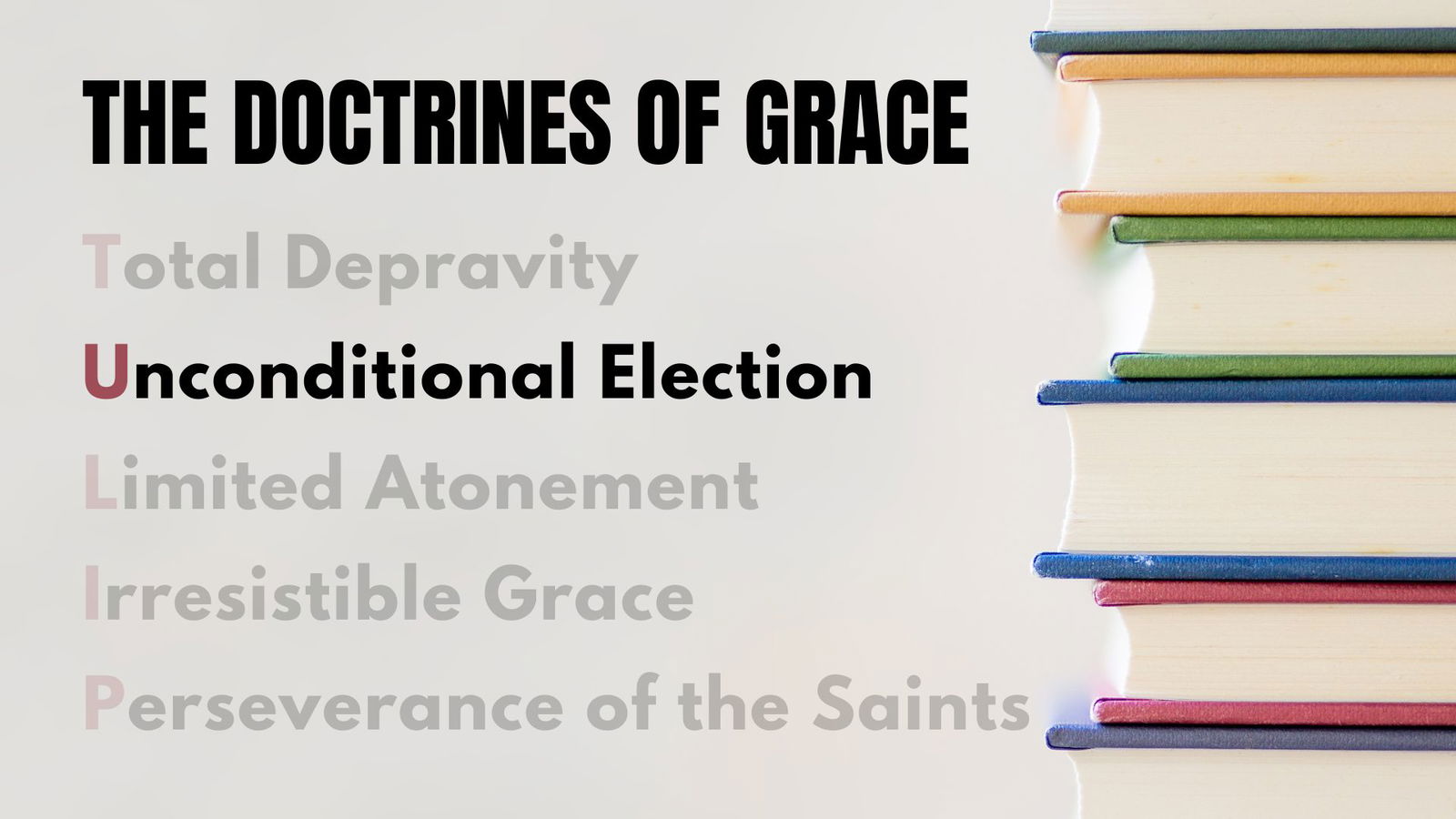Unconditional Election

Scripture:
1 Thessalonians 1:4
Unconditional Election
/
“Knowing, brethren beloved, your election of God” (1 Thessalonians 1:4).